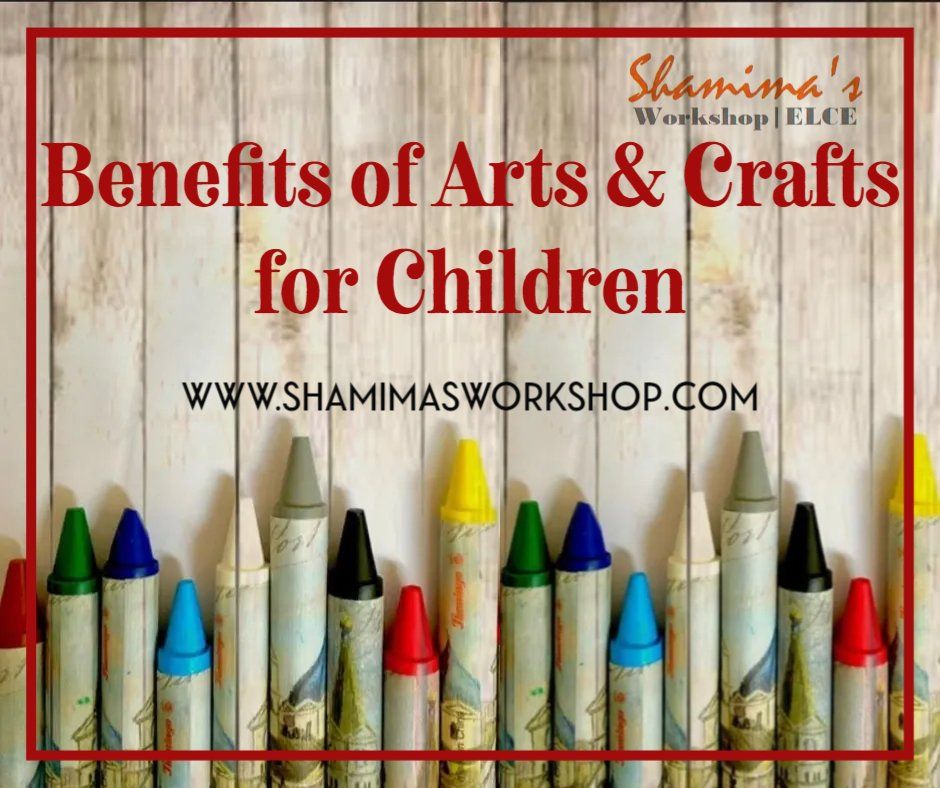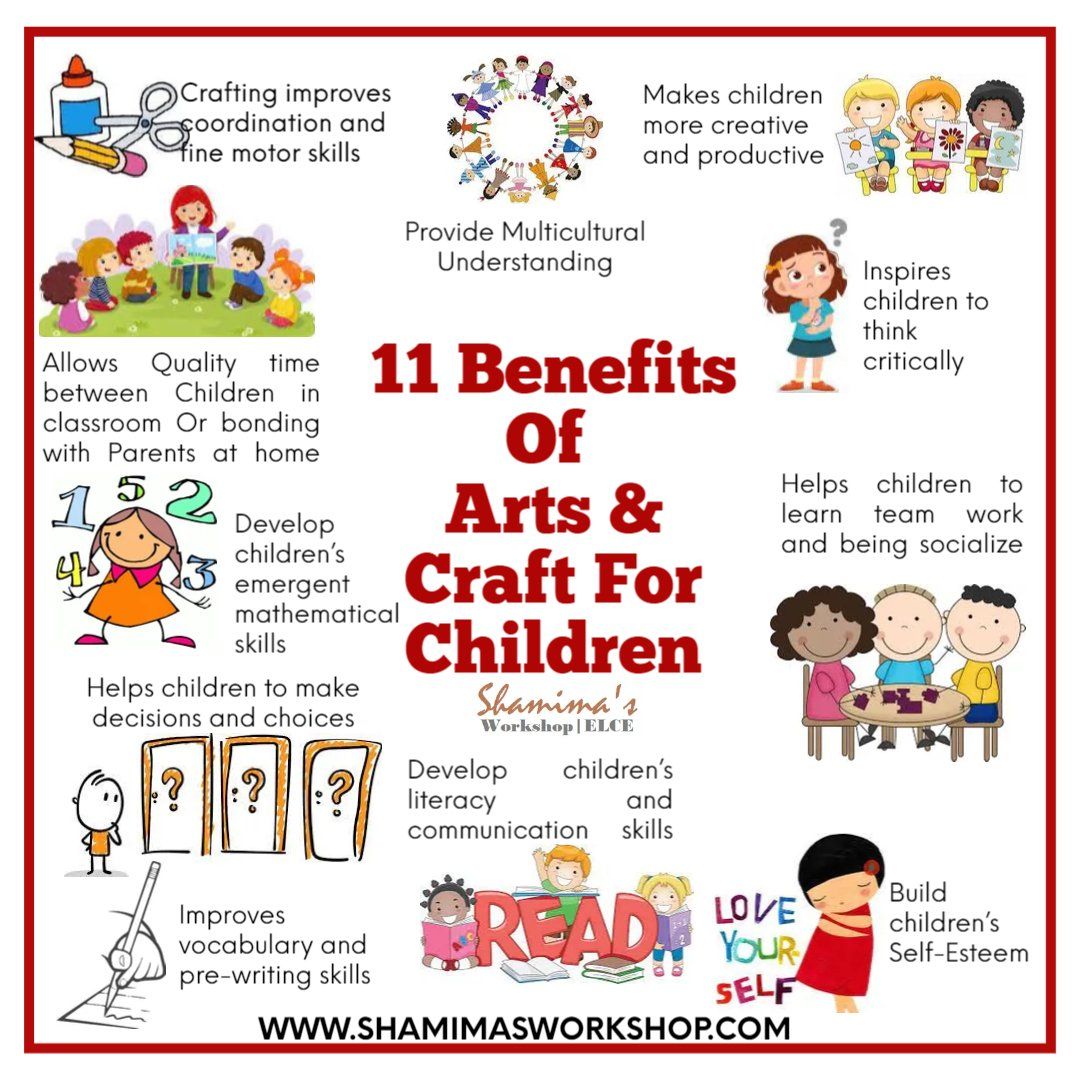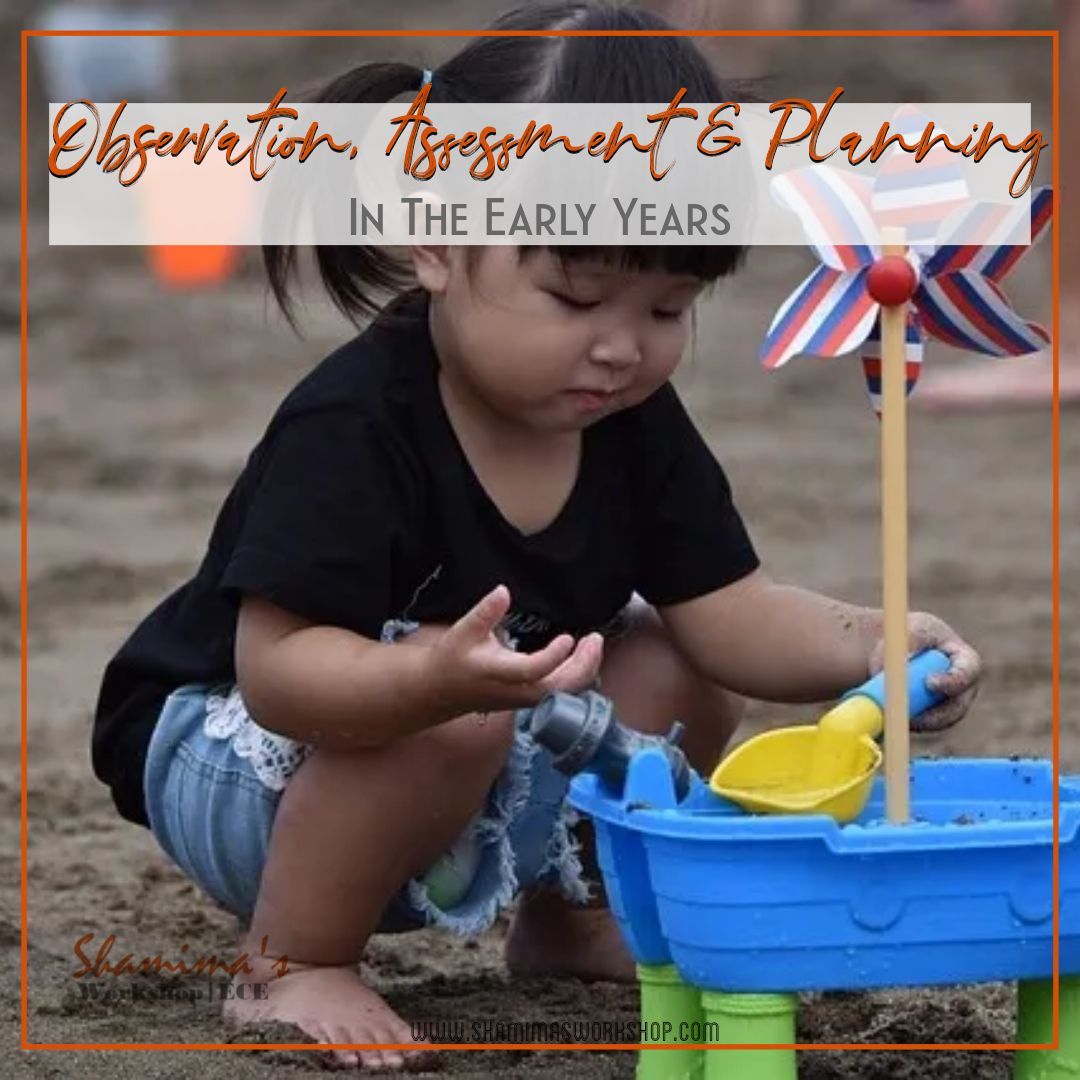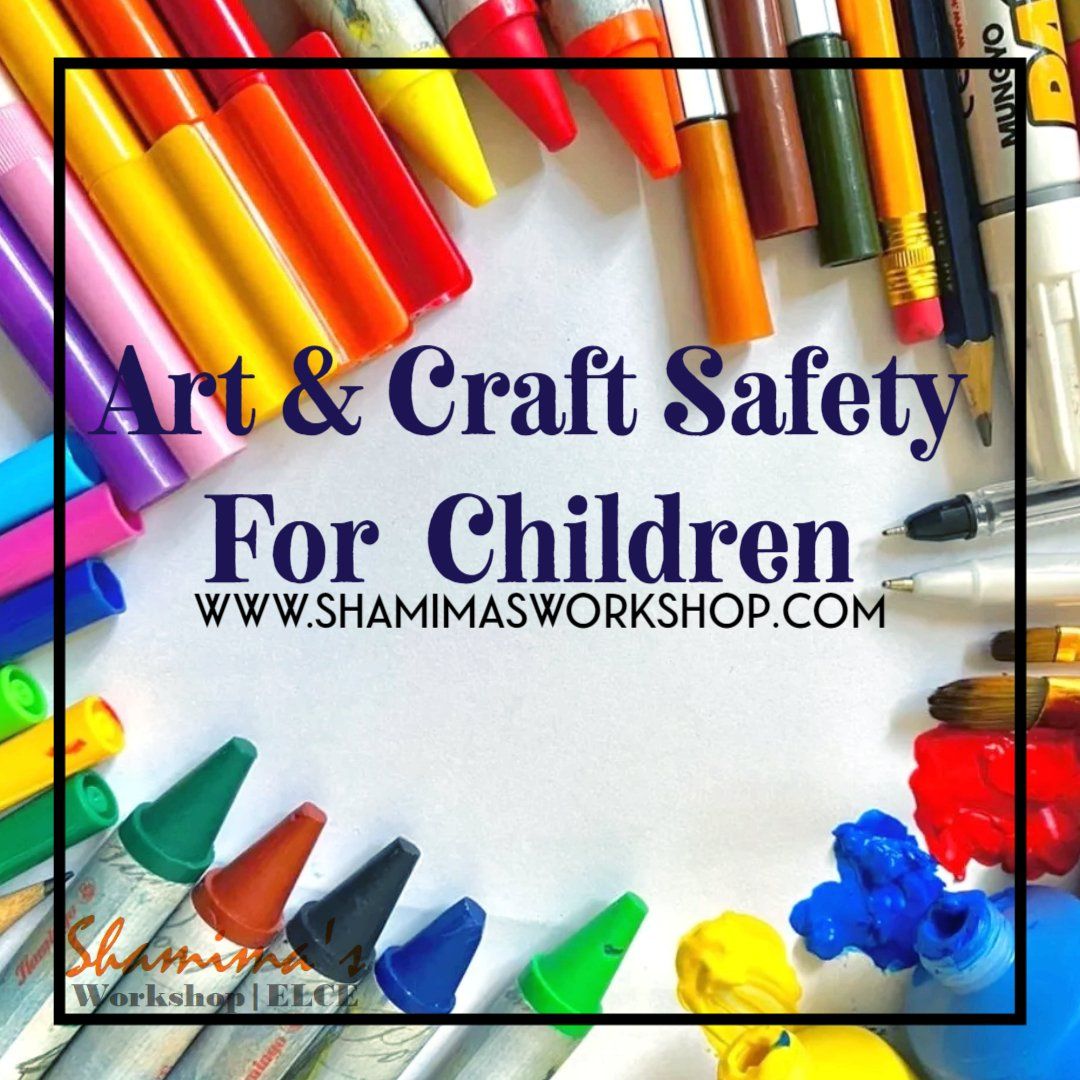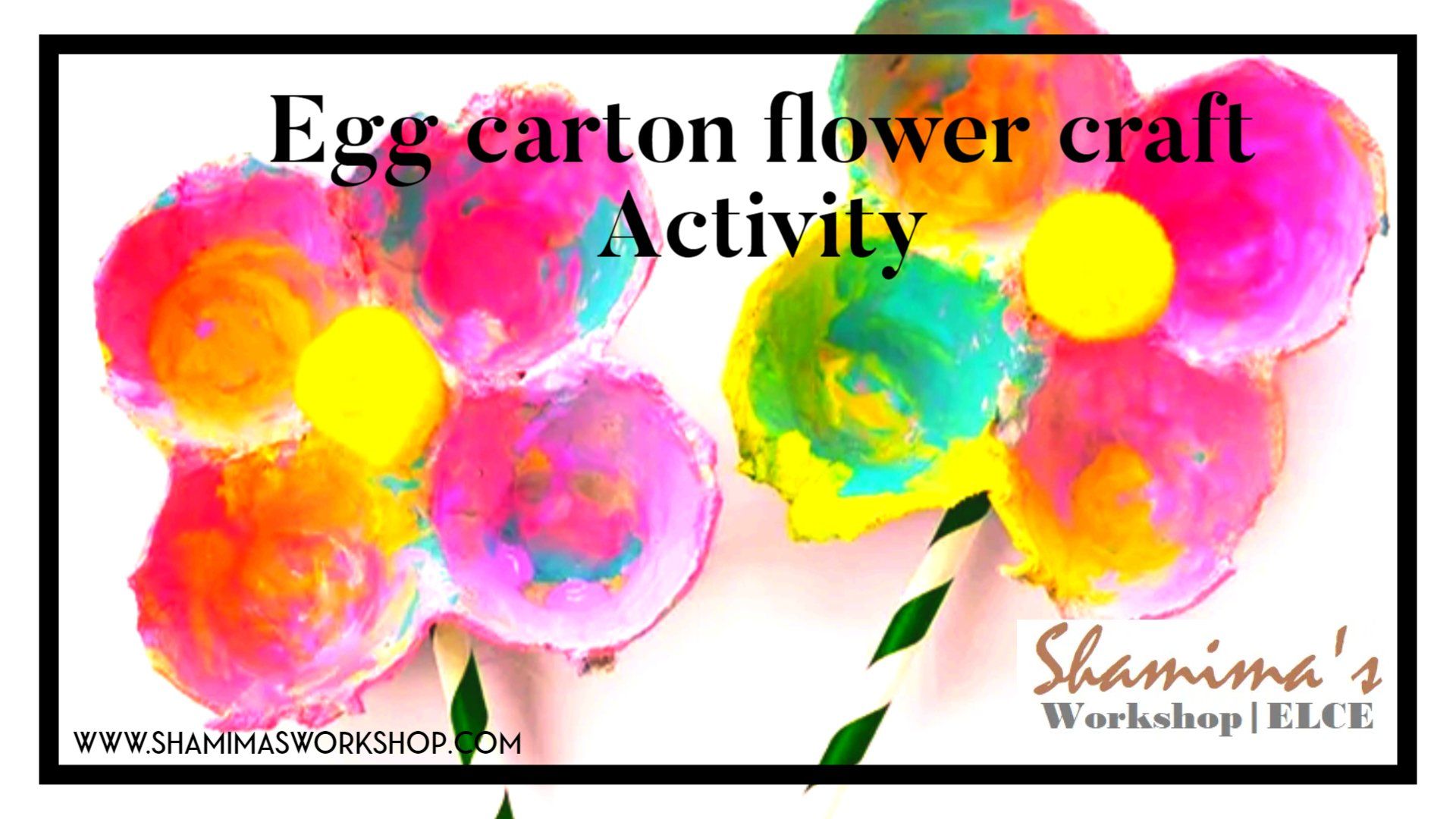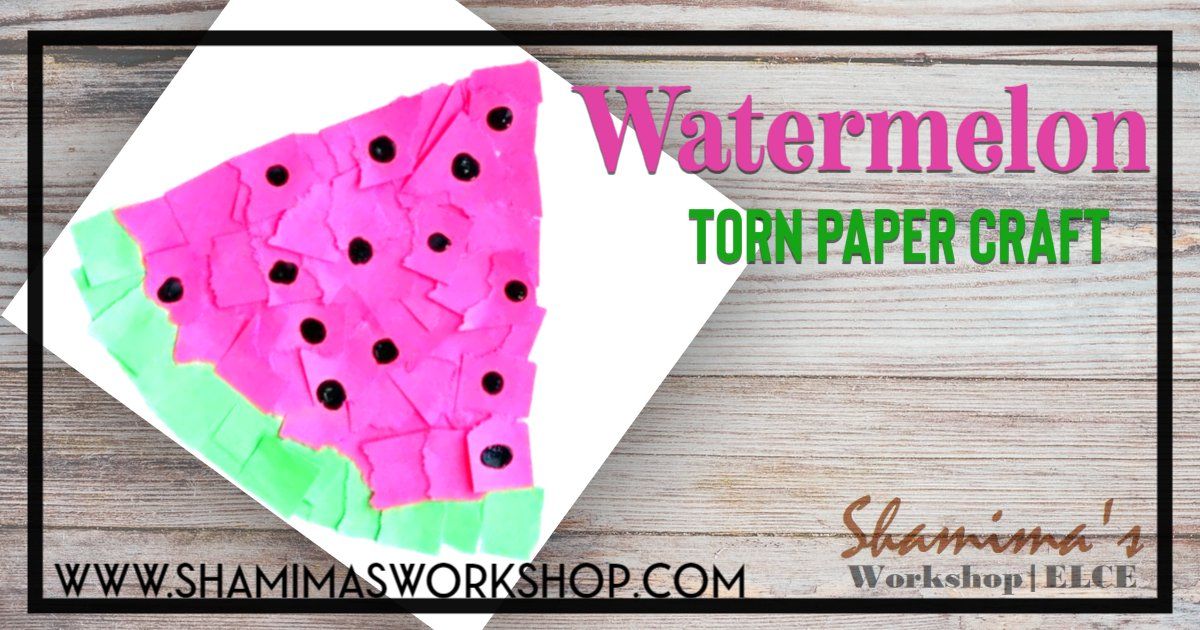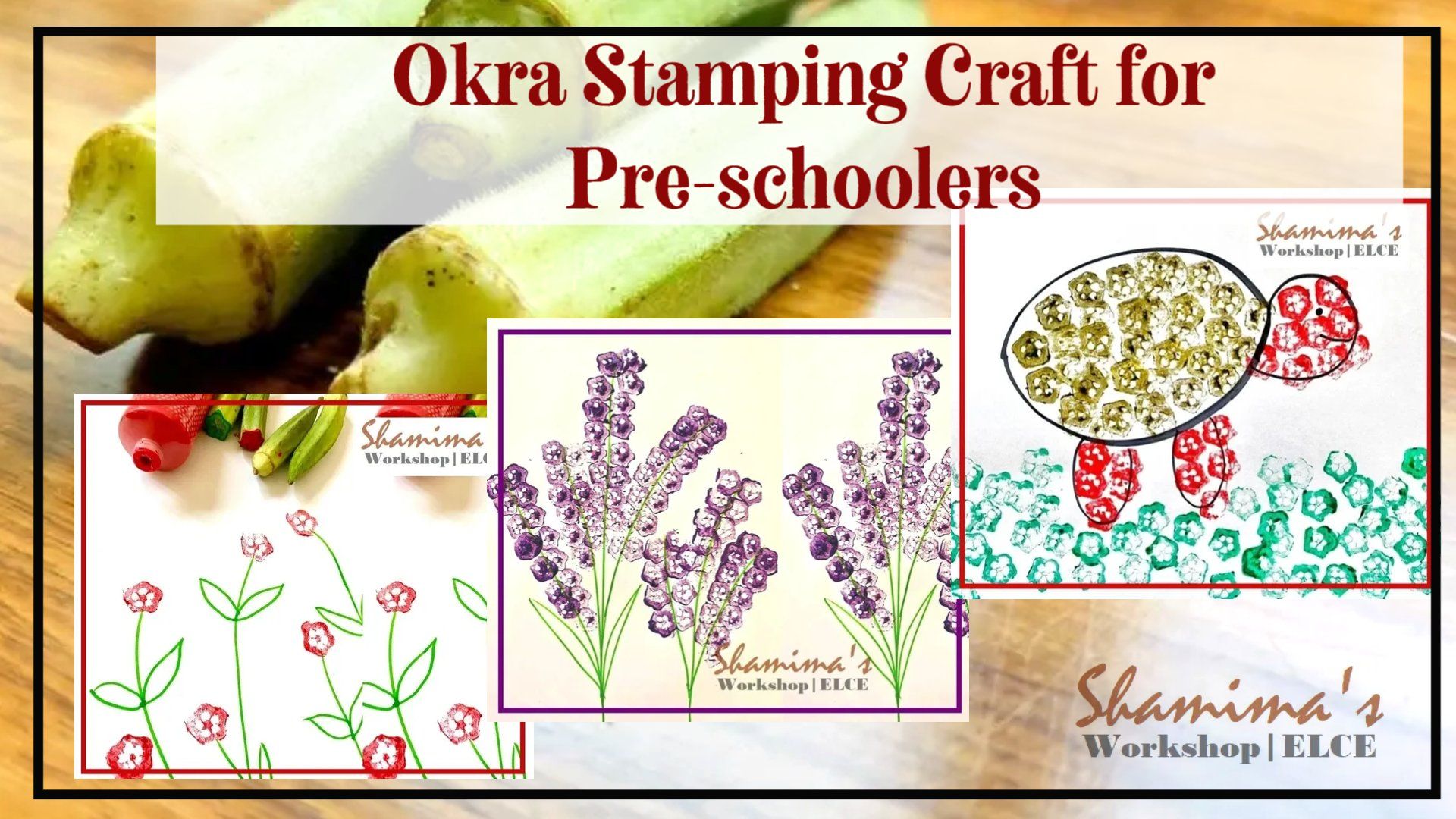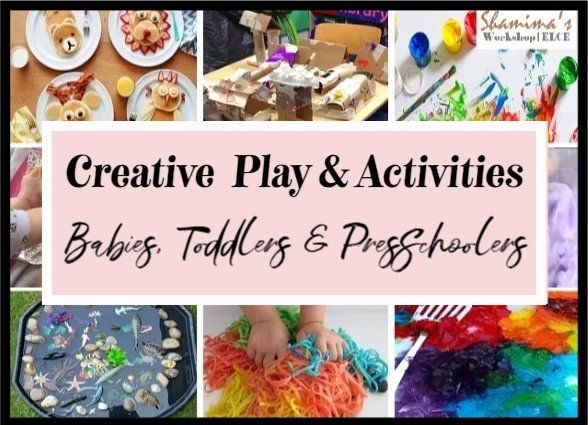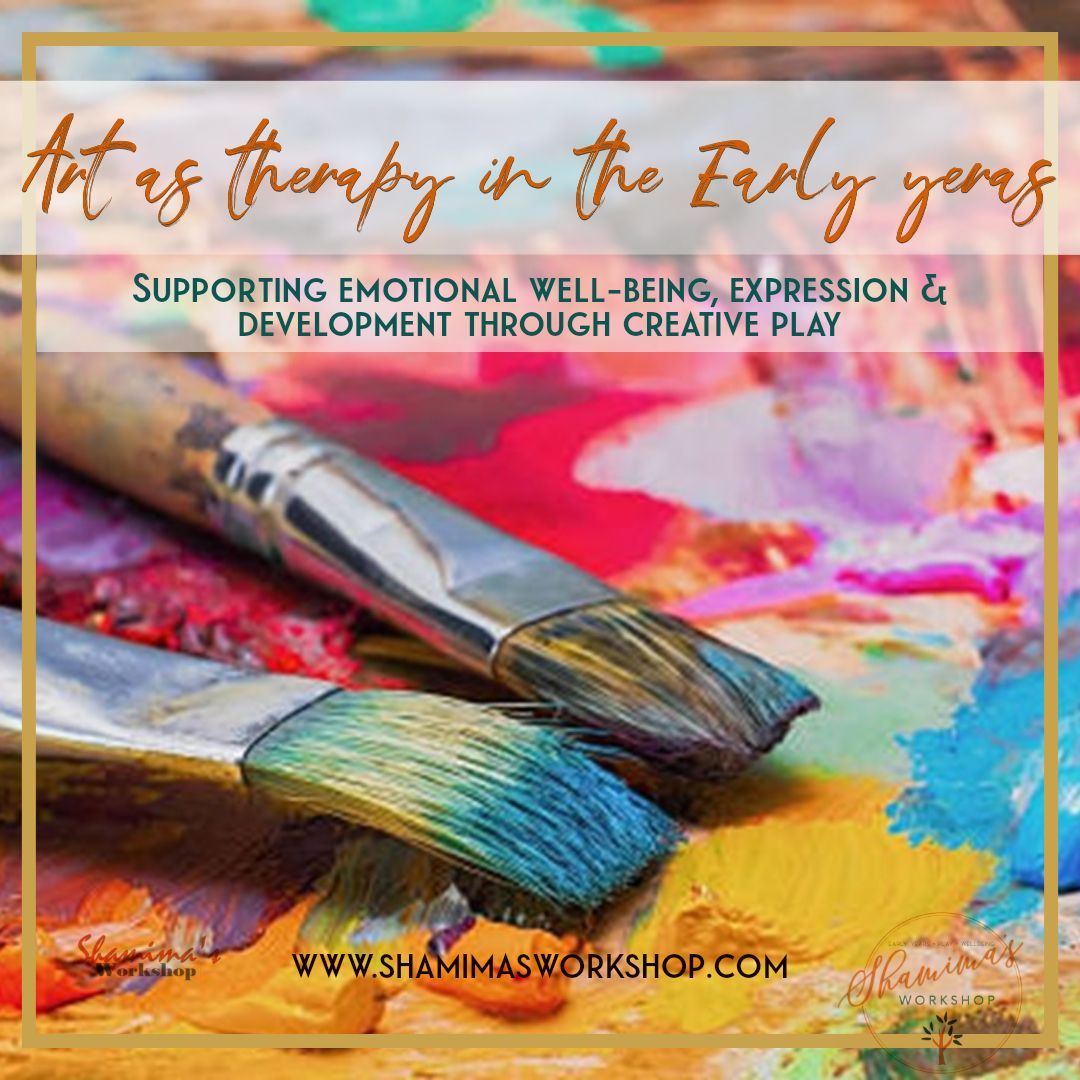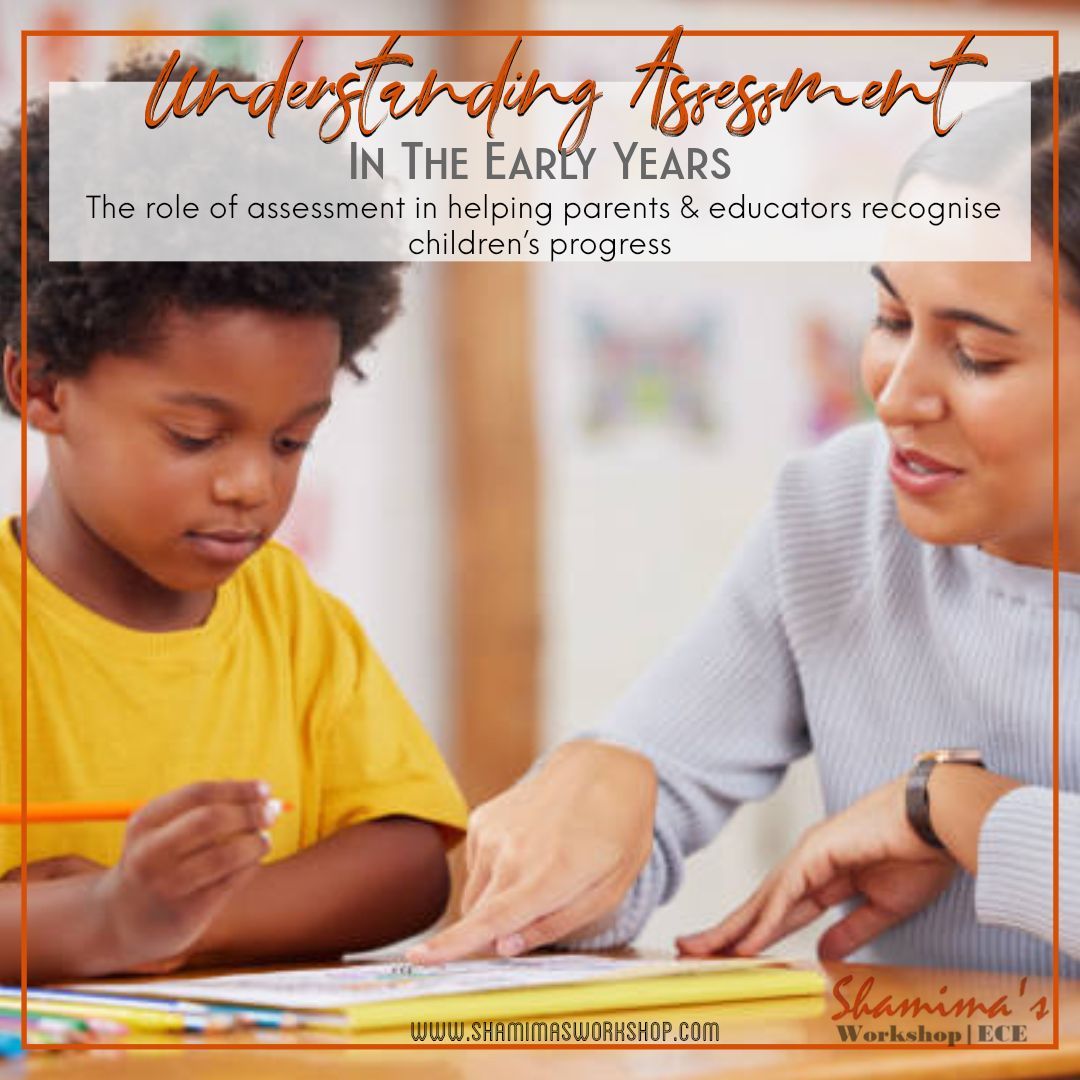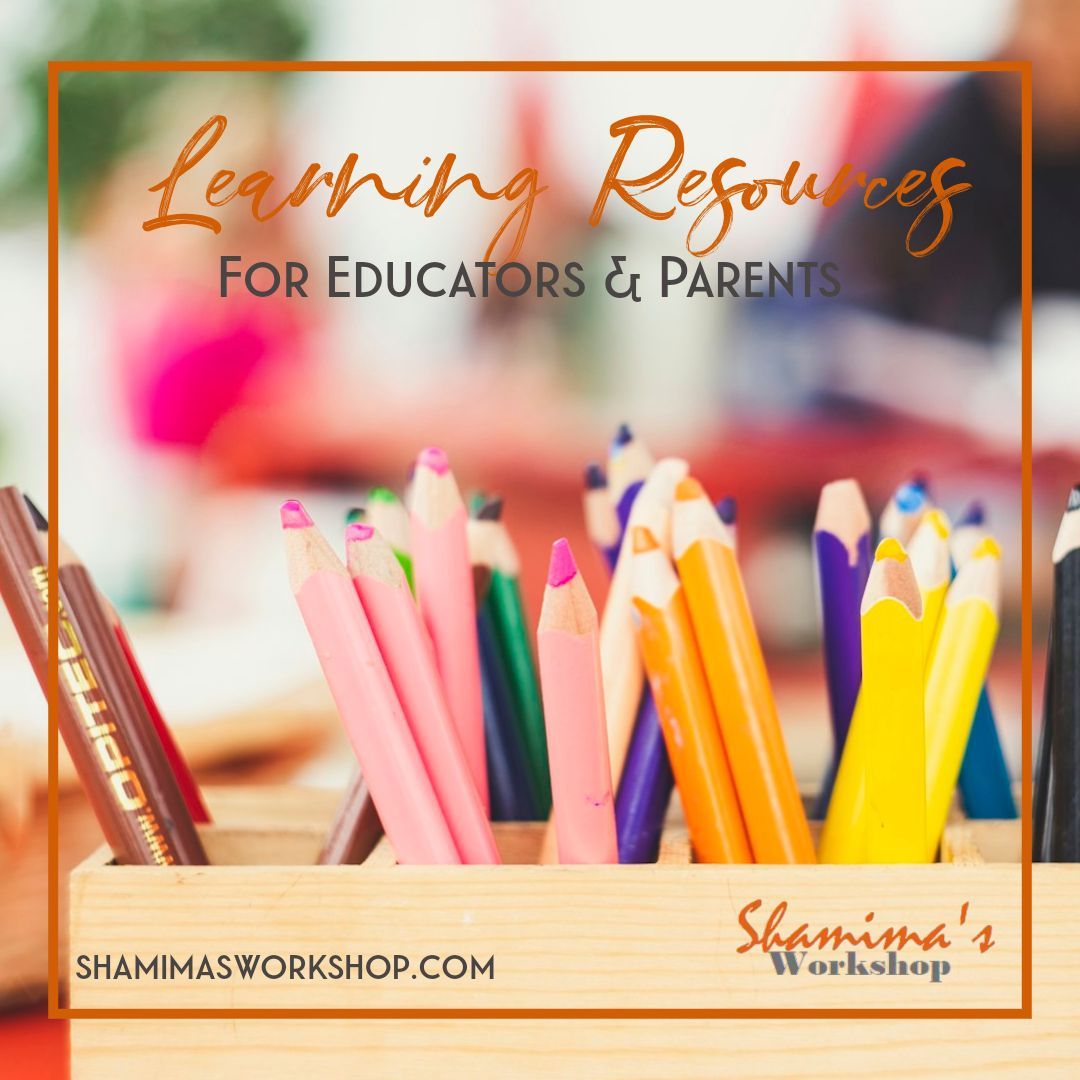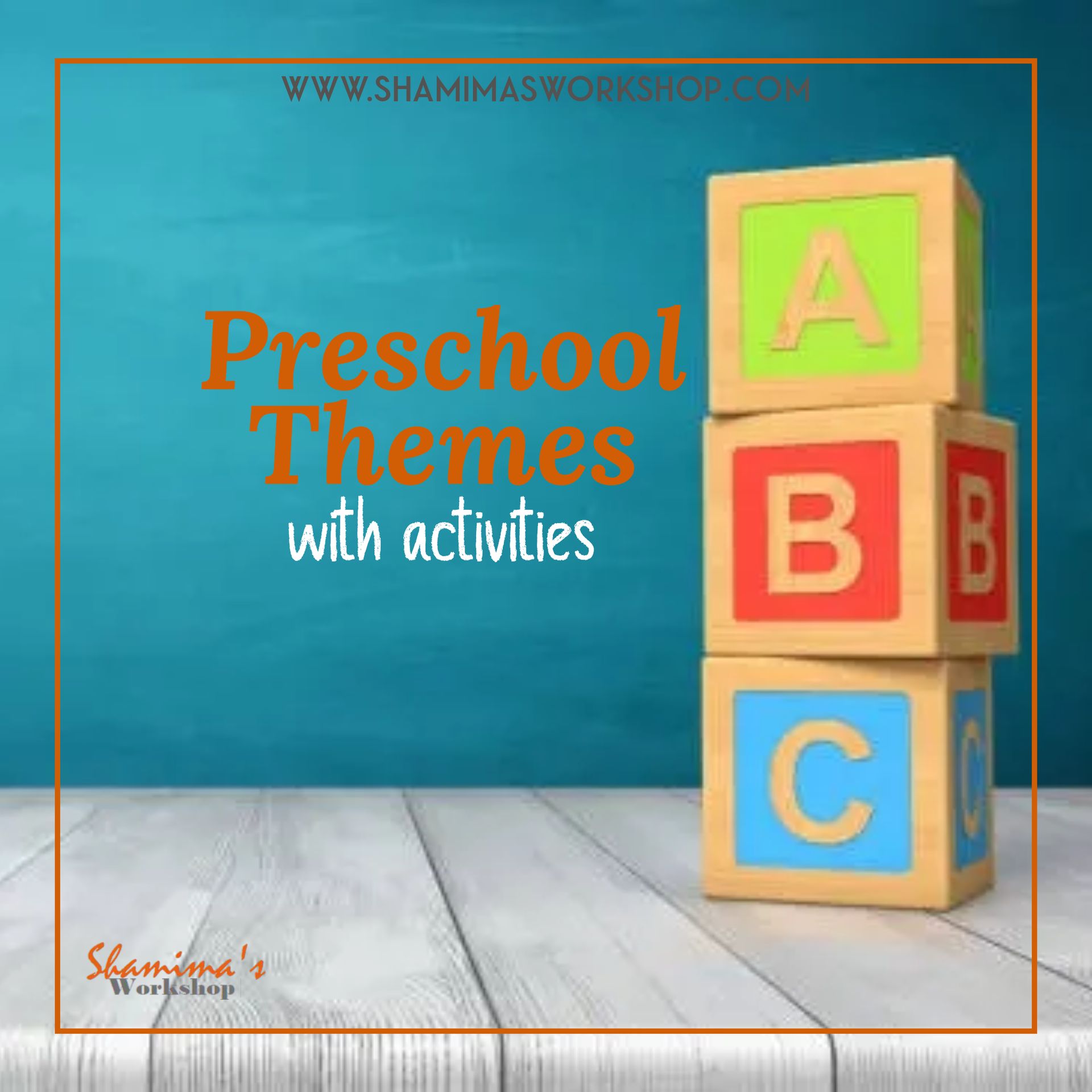Many parents nowadays rely on technology to keep their children engaged and occupied, entirely overlooking the benefits of arts and crafts. True, technology is beneficial, and children should be exposed to it, but this should never come at the price of their ability to play and create with their hands. There are several advantages to arts and crafts that go beyond merely allowing you to express yourself. Let’s have a look of benefits and learning from craft activities.
Crafting improves coordination and fine motor skills
A lot of crafts involve a variety of different aspects: from cutting, gluing, and manipulating items. Sticking, colouring, gluing, cutting, and staying within lines or patterns, can help children develop fine motor skills and enhance hand-eye coordination. Even simple chores like sorting squares of tissue paper and scrunching them up into the correct form are beneficial to their development. Using these things children involve physically to create new outcome. Bending and twisting objects, such as pipe cleaners, will help to improve fine motor abilities while also being enjoyable.
Improves vocabulary and pre-writing skills
In many craft activity children come across many new word, things and knowledge so their vocabulary increase. When teacher say something to draw or show something children get to know about that picture’s word in their mind.
Young children usually begin using crayons/pencil/pens by scribbling random things. They will learn how to regulate their own motions as well as how to make various shapes, which will eventually lead to the creation of letters. To put it another way, the more they scribble, the faster they'll learn what they need to know about writing clearly.
Develop children’s literacy and communication skills
Art and crafts skills for young children span a wide range of topics, from speaking and reading to listening and understanding. When children create art or crafts, they have the opportunity to discuss their creation, which improves their communication abilities. Why did you choose that colour?” “Tell me about what you made.”
Parents teach them new terminology, and they utilize their listening skills to obey verbal directions. A skill that all parents want their children to master as soon as possible so that they may begin to listen to us!
Develop children’s emergent mathematical skills
Basic arithmetic abilities are sometimes overlooked when it comes to arts and crafts activities. Math abilities, on the other hand, are often utilized and have a favourable impact on the development of mathematical skills in preschool children.
Children may learn to recognize and count different shapes, count and arrange their art tools, and even measure the lengths and sizes of various art materials. You'll need strong thinking and problem-solving abilities to grasp arithmetic, which art and crafts activities may aid with. There are so many activities where children get chance to count the objects like pasting Pastas, Draw Family Picture etc.
Makes children more creative and productive
Children's imaginations know no bounds, and arts and crafts are a fantastic way for them to channel that unbridled creativity into something more useful. There are a variety of materials, colours, forms, and activities from which they may choose, allowing youngsters to experiment with numerous alternatives and select the ones that they love the best. Who knows, kids could even find a pleasant pastime, such as sketching, that can later turn into a rich job, such as graphic design.
Creativity is about thinking, investigating, finding, and inventing, not about achieving something better than others.
Provide Multicultural Understanding:
Making crafts from other countries is a fun way to teach children about different cultures and traditions. It's a great approach to demonstrate that all civilizations are equal and interesting to study. This will enable children to comprehend a wide range of individuals and make them more welcoming of everybody.
During Many activities (in form of picture and colours) children understands about the world creatures, climates etc like: - Weather, Animals, Birds, Family, Behaviour and Emotions. Children who are familiar with other cultures will be more accepting of classmates who have different beliefs and practices.
If there are children who have unusual eating habits or dress in unusual ways, your children will accept it and may already understand why they eat or dress the way they do. It becomes “normal” to them, and they don't see the purpose in bringing it up.
Inspires children to think critically
Art offers many possibilities and options—will their home have a red or black roof? Is it going to be a dog or a cat? How will the clouds and birds be depicted? All of these options encourage children to think critically, deliberate, and assess their own choices so that they can repeat or modify them in the future.
They will feel more at ease considering various options and more confident in making decisions as a result of this. It will also encourage children to experiment with other combinations and come up with their own ideas, which is a valuable ability for people of all ages.
Allows Quality time between Children in classroom Or bonding with Parents at home
Working on crafts with your children will strengthen the relationship between the children and the practitioner in classroom or parent at home. Crafting with your child allows you to spend valuable time together while also creating vital memories that will last far longer than the craft. While you're crafting together, you'll have more opportunities to chat to each other, and you'll learn more about their day, their hopes, and their concerns than you would otherwise.
Set aside some time each week to do crafts with your children. For them, this is tremendously fulfilling.
Helps children to learn team work and being socialize
Working on a craft project with your child may help them develop collaboration, communication, and social skills since they will need to learn to cooperate and communicate in order to finish their projects.
Crafting can also be a great team/group activity. It doesn't matter how old they are or what race they are when it comes to creativity; all that counts is what they can create. Children are inherently interested, so if they like what another children has drawn, built with Lego blocks, or coloured, they will eagerly approach them.
Build children’s Self-Esteem:
Craft activities are a great way to build their self-esteem and allow them to express their emotions. It offers children a sense of accomplishment and allows them to take pleasure in their work, which increases their self-esteem. Making art is a wonderful, safe method to learn that it's alright to make errors and that doing things "wrong" may lead to entirely new ideas. Children get to explore new things while honing their "self-control abilities" (e.g. when waiting for paint or glue to dry). This helps in the development of patience, which is something that all children require assistance with.
Helps children to make decisions and choices
This advantage of creating is that it allows children to choose what sort of craft to produce, how to go about producing it, how to design it, and so on, giving them confidence in making their own decisions and thinking about them. It will in still confidence in them as they make their own decisions and consider their options.
To make sure you're getting the most out of this opportunity, have the children discuss what they want to produce, instruct them to draw a drawing or template, and have them describe what they want to make, what they need, and how they'll make it to you.
Over to you! Let us know if you enjoy doing craft activities with your children, and why, in the comments below.
